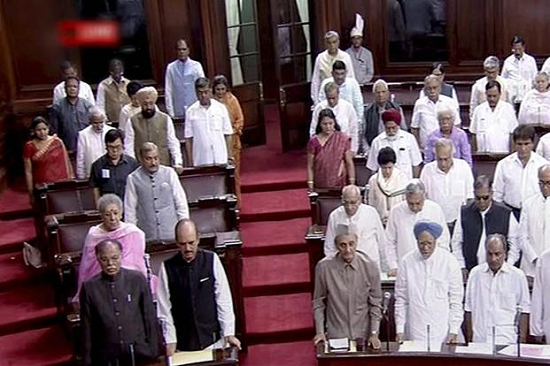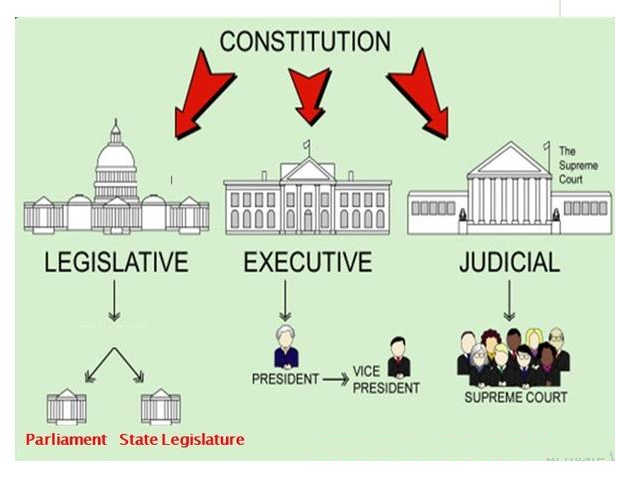Updated By: LatestGKGS Desk
Parliamentary Control Over Council Of Ministers

Parliamentary Control Over Council Of Ministers And Lok Sabha
In India, we have the Parliamentary form of government; therefore, legislatures are responsible to the Parliament. The Parliament of India exercises control over the Council of Ministers in the following manner.
No-Confidence Motions: The Central Council of Ministers, for all of its policies and functions, is responsible to the Parliament. The Council of Ministers remains in power as long as it enjoys the confidence of Parliament (Lok Sabha).
If it loses its confidence, the Parliament( Lok Sabha) may pass the vote of no confidence and dismiss the Council of Ministers.
Reduction in Budget: The Lok Sabha exercises control over Council of Ministers as under:
By reducing the proposed budget.
By disapproving the policy of the Council of Ministers.
By disapproving or rejecting the Bill proposed by a minister.
Asking Questions: The member of Lok Sabha may put questions before the ministers during questions hours and seek information about their policies and functions. Thus, the Lok Sabha maintains its control over the Council of Ministers.
Adjournments etc. : The Parliament may also ventilate grievances in several other ways, as by moving motions of adjournment and cut motions etc.


